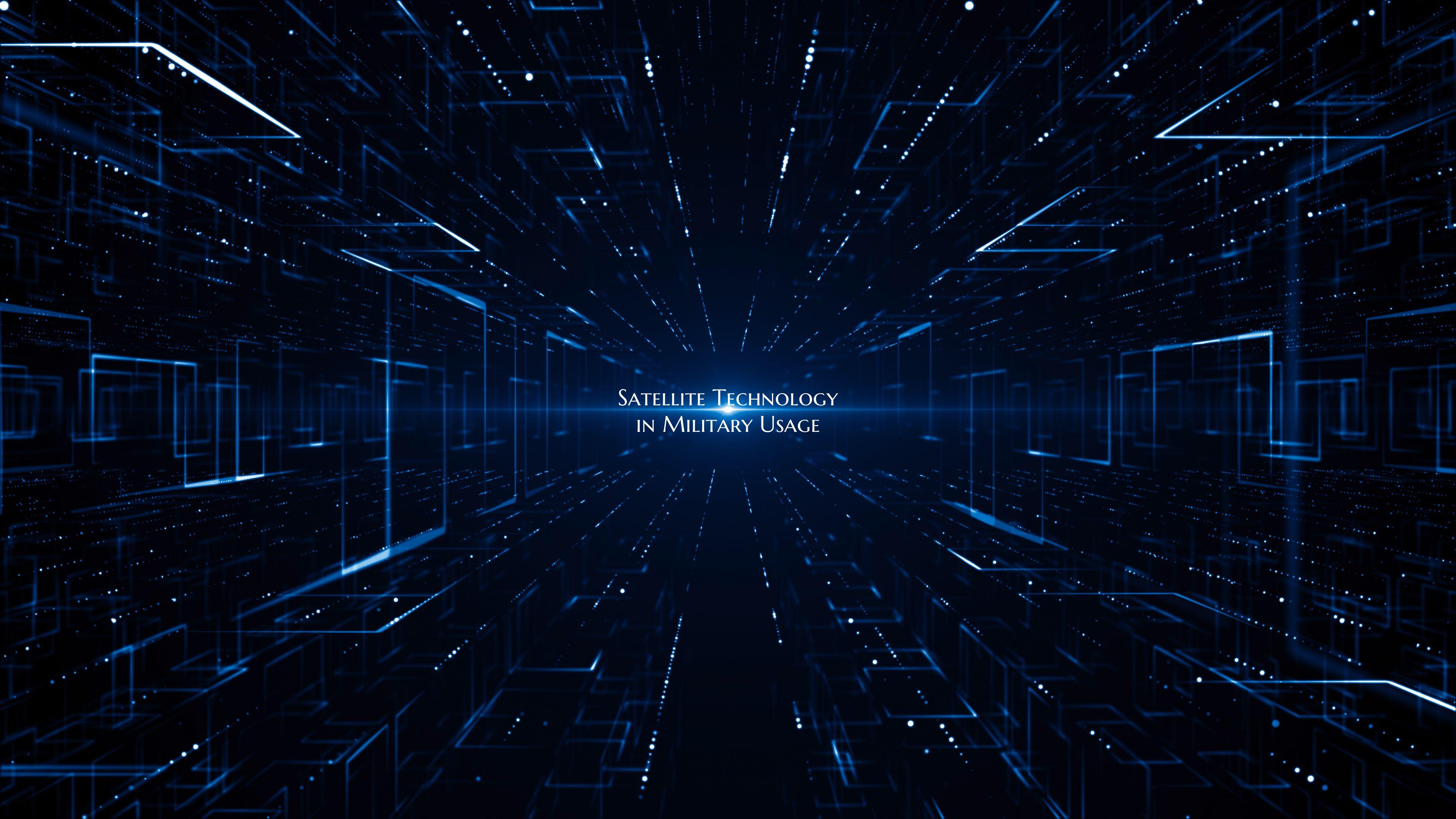Satellite Technology in Military Usage
Satellite technology has revolutionized the way modern military forces operate, offering unprecedented capabilities and advantages on the battlefield. The utilization of satellites in military applications has significantly enhanced communication, reconnaissance, navigation, and intelligence gathering. In this digital age, satellite technology plays a crucial role in enabling military forces to achieve strategic objectives efficiently and effectively.
One of the key advantages of satellite technology in military usage is its ability to provide real-time and secure communication channels. Military personnel deployed in remote locations can stay connected with command centers, fellow soldiers, and their families through satellite communication systems. This seamless communication network ensures swift decision-making processes and coordination of operations, thereby enhancing overall operational effectiveness.
Furthermore, satellites are instrumental in reconnaissance and surveillance missions, allowing military forces to gather accurate and up-to-date information about enemy movements, terrains, and potential threats. High-resolution satellite imagery provides valuable intelligence that aids in tactical planning, target identification, and situational awareness. By leveraging satellite technology for reconnaissance purposes, military forces can gain a competitive edge on the battlefield and adapt their strategies according to changing circumstances.
Satellite technology also plays a pivotal role in navigation systems, such as the Global Positioning System (GPS), which enables precise and reliable positioning, navigation, and timing for military operations. Military vehicles, aircraft, and weapons systems rely on GPS for accurate location data, target acquisition, and mission execution. The integration of satellite navigation technology enhances operational efficiency, reduces the risk of errors, and ensures the success of missions in challenging environments.
In addition to communication, reconnaissance, and navigation, satellites contribute significantly to early warning systems and monitoring of strategic developments worldwide. Military satellites can detect missile launches, monitor nuclear activities, track troop movements, and provide timely alerts about potential security threats. By constantly monitoring global hotspots and emerging conflicts, military forces can proactively respond to crises and safeguard national interests.
Overall, the strategic impact of satellite technology in military operations cannot be overstated. From enhancing communication networks to facilitating reconnaissance and navigation, satellites have become indispensable tools for modern military forces. As technology continues to advance, the integration of satellite capabilities into military systems will further enhance operational effectiveness, situational awareness, and mission success on the battlefield.

